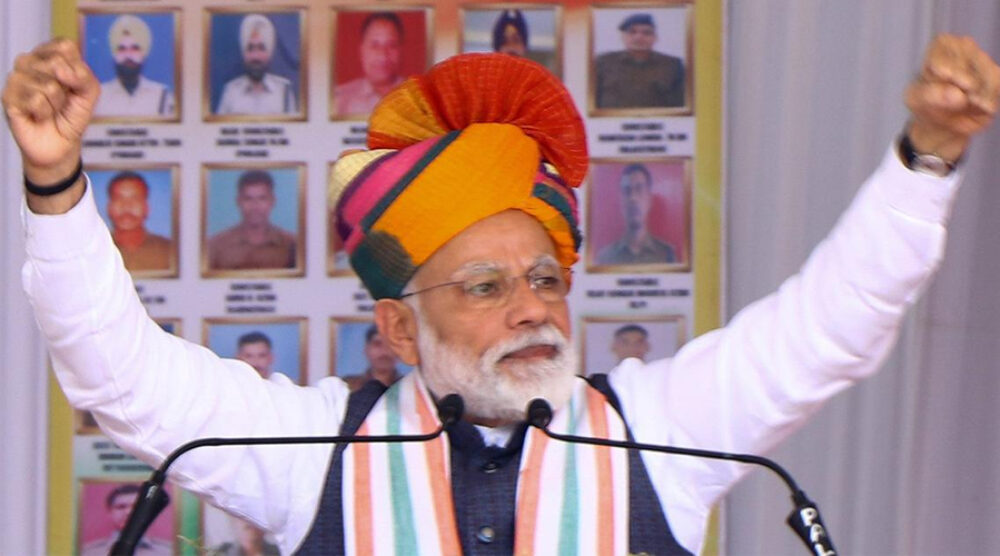IAN HALL |
Barely a couple of months ago, it looked as though Narendra Modi’s Bharatiya Janata Party (BJP) and its allies were going to struggle to hold on to their majority in India’s general election, scheduled for April and May 2019. Some predicted that the BJP might fail to win even 200 seats – far short of the 272 it needs – and that Modi might therefore struggle to construct a governing coalition.
But then came the suicide bombing at Pulwama in Kashmir on 14 February, which killed more than 48 members of India’s paramilitary Central Reserve Police Force. That incident prompted retaliation – a strike by the Indian Air Force on alleged terrorist camps inside both Pakistan-administered Kashmir and Pakistan itself – and risked a wider conflict. And it allowed Modi and his allies to change the character of the election campaign irrevocably and present themselves in a different light.
Please click here to read the full “Modi and the watchmen: India’s national security election” article at the Asia Dialogue, written by Griffith Asia Institute, Deputy Director, Research, Professor Ian Hall.








